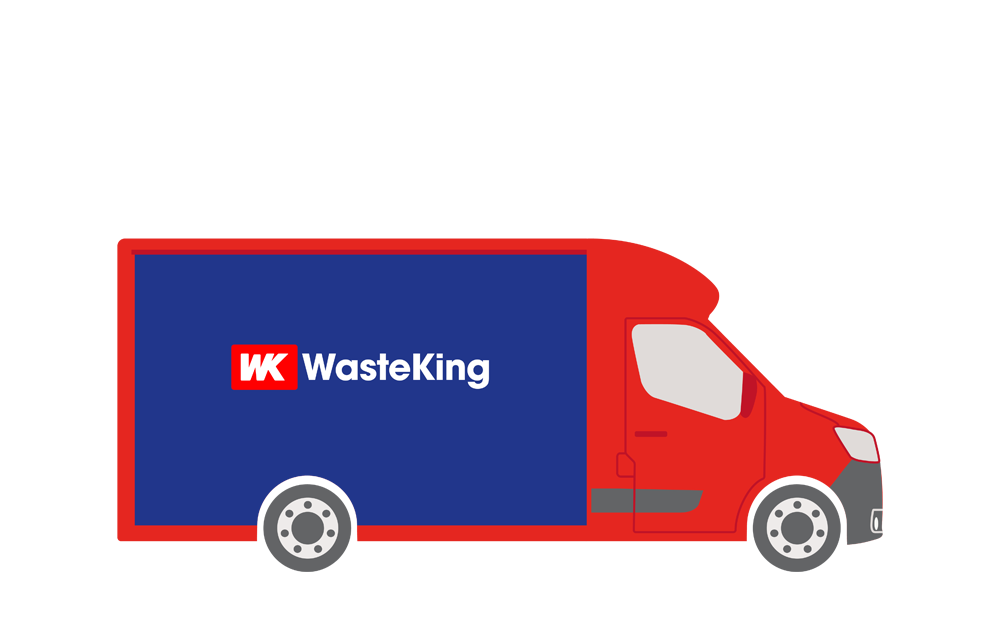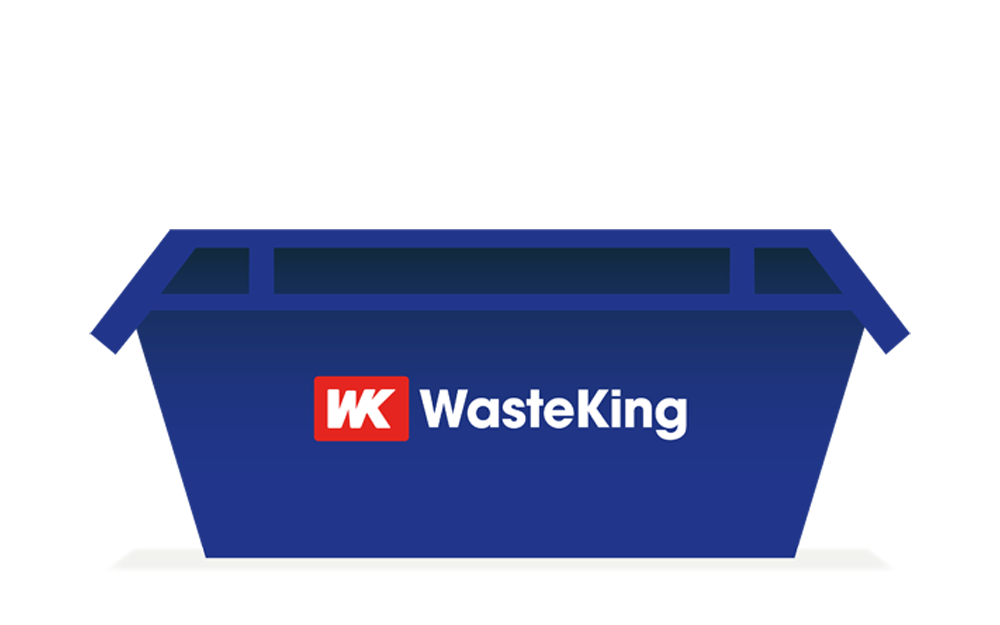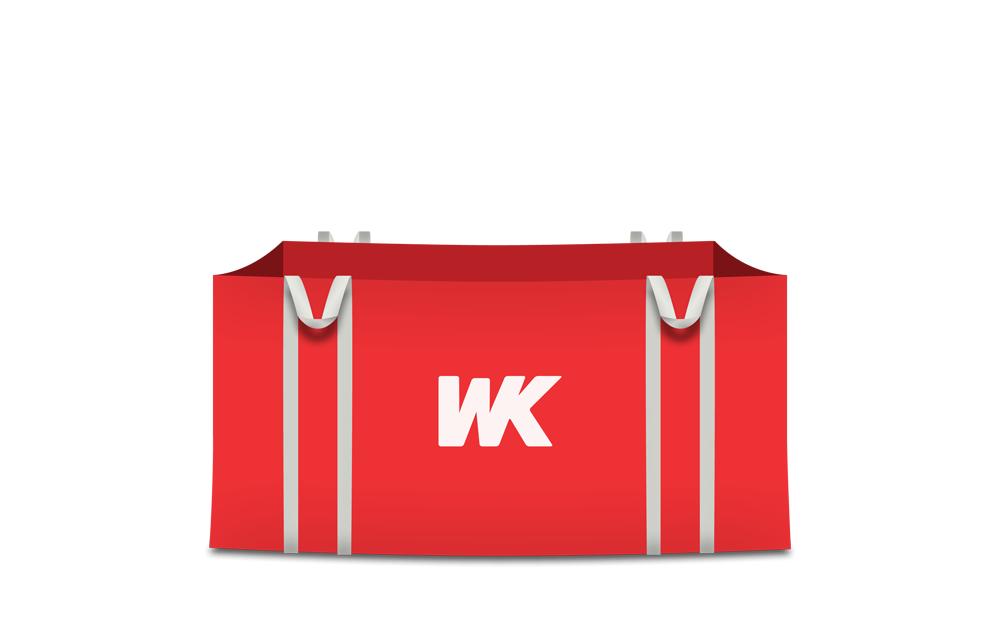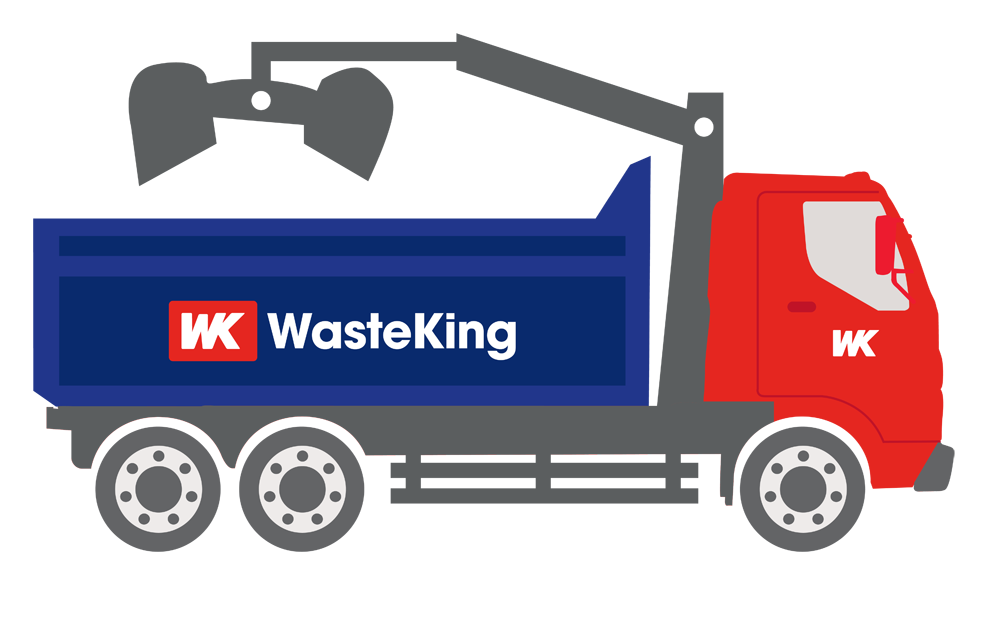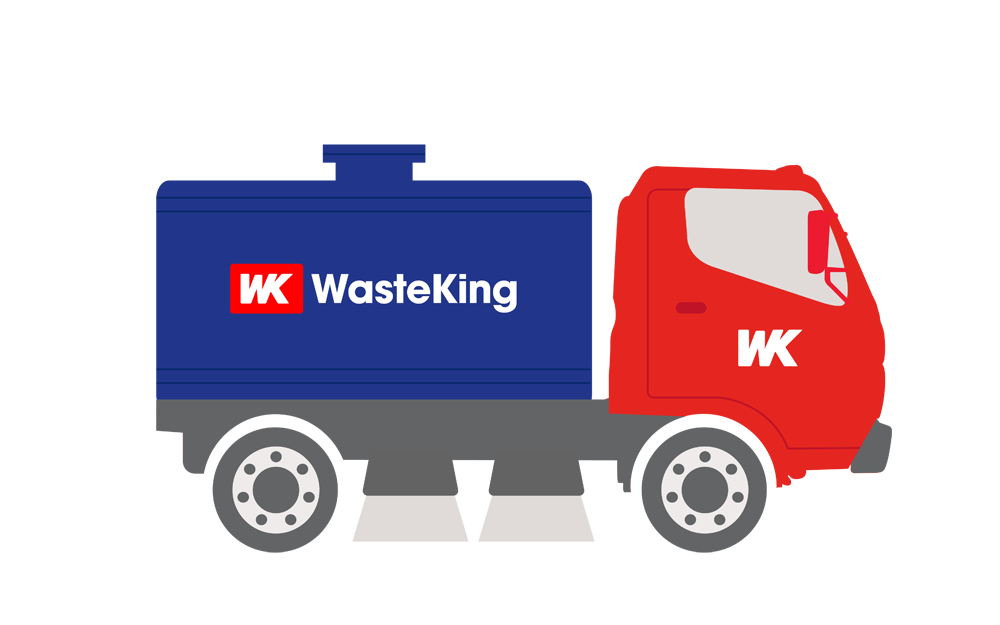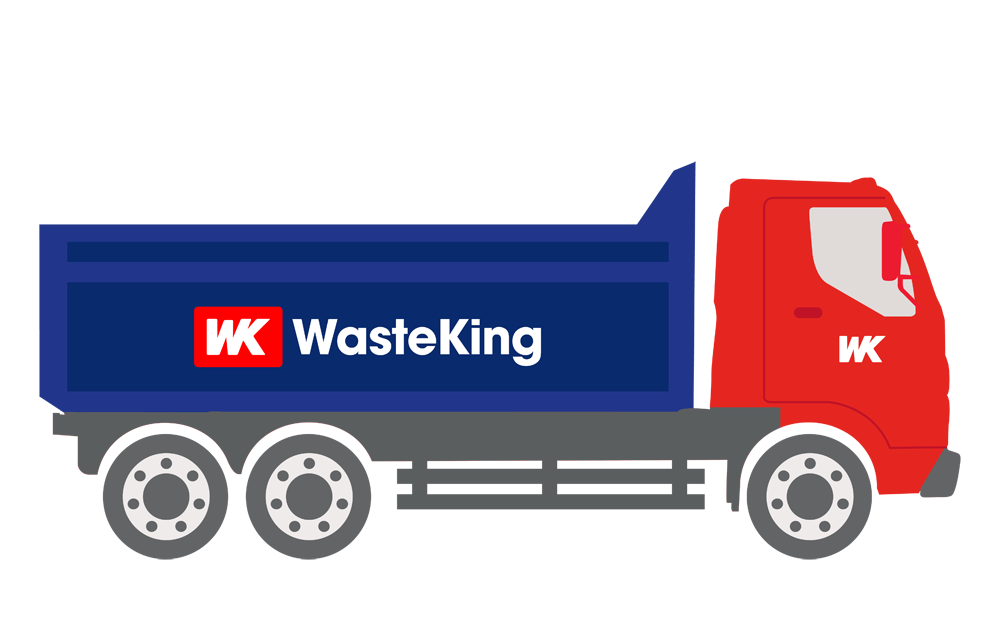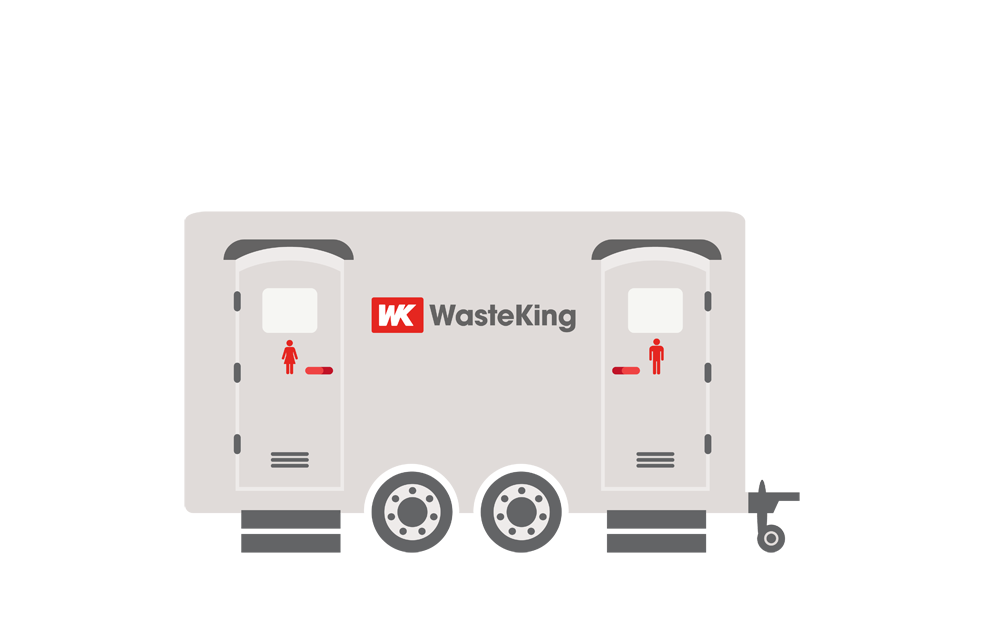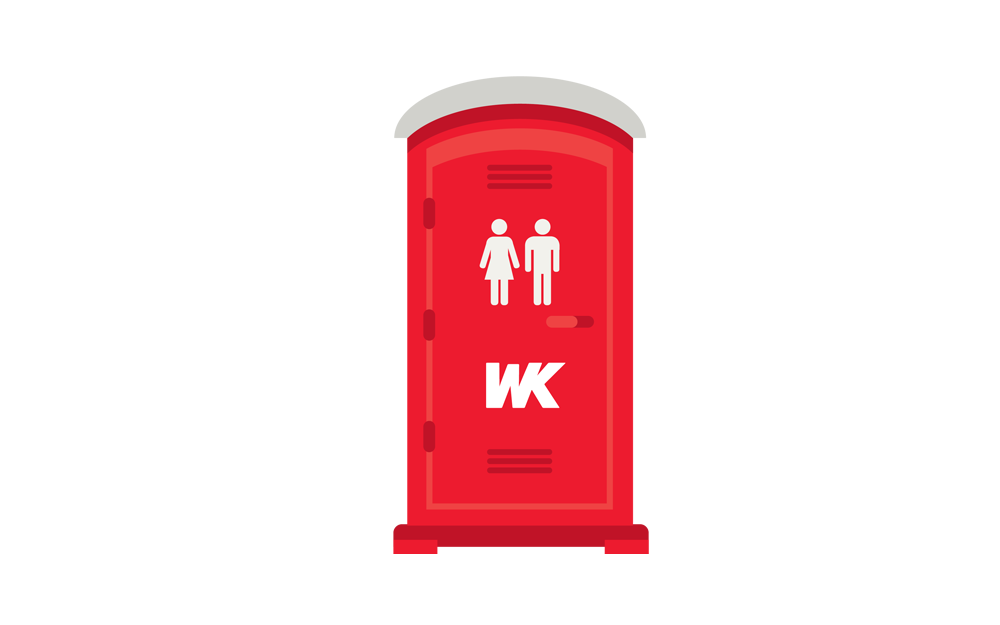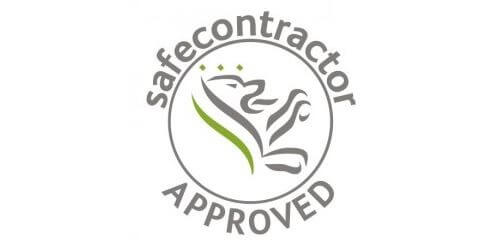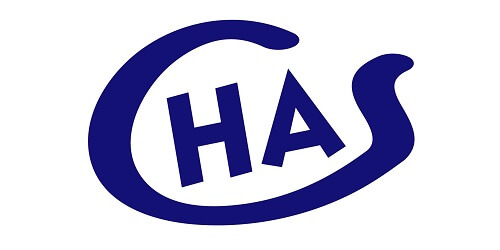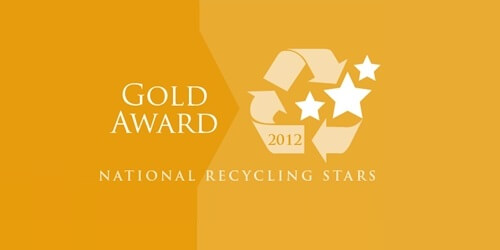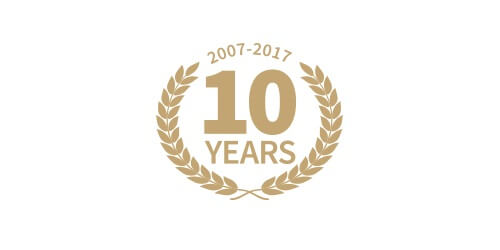Compactor Collection Service
Compactor Collection in the UK
If your business generates substantial volumes of low density dry wastes, there are some advantages to using electrically powered, portable or static compactors. These compactors are Clean, Cost-Effective and Secure.
Their use means that your site will:
Produce significantly reduced volumes of waste – since it’ll be compacted
Need fewer vehicles to visit in order to remove the waste
Book online now
Book any of our services online today through our booking module. Secure online booking with next day deliveries available 24/7.

Compactor Collection Details
More information about our Compactor Collection Service
Moreover, having fewer waste vehicles visiting your site will reduce the noice and pollution levels – and leave you free to get on with your other business activities.
There are various sizes of compactor to choose from – and you can choose whether the compactor is to be portable or static. In addition, if you wish, Waste King will supply any compactor and/or container in your choice of colour or branded with your logo.
Whichever size or type of compactor you ask Waste King to provide is installed quickly and efficiently. What’s more, each compactor is regularly maintained by Waste King’s service engineers.
And whenever you need the waste collecting, call Waste King – who’ll supply specialised handling vehicles which can cope with the waste containers.
Contact us
Waste Management Services
Quick price request
Fill out the below form for a fast, free and no obligation quotation in regards to our Compactor Collection service…
FAQ
Frequently Asked Questions
We remove waste, rubbish and unwanted items from commercial premises, construction sites and domestic houses and gardens. Our service includes a two man team who are insured and licensed to load the waste materials – from anywhere on the property – onto our trucks, sweep up after the job is complete and transport the waste to a registered transfer station.
We can remove any item as long as it can be lifted by two people. For example, but not limited to:
Furniture: beds, sofas, tables, chairs, armchairs, cabinets, wardrobes, computer desks
Appliances: cookers, washing machines, fridges, freezers, microwaves, tumble dryers, stereos, televisions, printers, fax machines, computers
Garages, Lofts and Cellars: tools, lawn mowers, boxes, clothes, books
Garden: shrubs, bushes, branches, mud, concrete, soil, turf, compost, garden furniture, sheds
Construction and Demolition: plaster, plasterboard, pallets, glass, concrete, packaging, metal
Roofing and Flooring: tiles, carpets, wood
We can’t collect certain hazardous materials such as paint cans, motor oils, chemicals, solvents, asbestos, medical or biological waste but your local authority can offer advice on how you should dispose of them. Certain items, which we can collect, are classified as hazardous waste because of the way in which they need to be disposed. These items include computer monitors, fridges and freezers. There is a supplement rate for these items because our disposal costs are higher.
We are not licensed or insured to carry certain materials. Your local authority can supply information on the licensed carriers of hazardous waste in your area.
We do all the loading and sweep up afterwards and generally it is cheaper!
Yes. Our employees are fully licensed and our trucks are fully insured including cover against any damage caused to a client’s property when removing waste from those premises.
Yes. Our teams are supplied with safety boots and branded clothing. A spare set is always in the truck so they are clean and presentable for the next collection.
We charge by weight or volume where as Skip Hire is charged on the size of the skip and not the amount of waste that is put into it. Skips can cause the added hassle and expense of having to apply for a skip permit in advance and you run the risk of fly tipping into the skip.
Most waste is recycled or reused. The items are sorted and disposed of in a way that is least damaging to the environment. We give items to charity shops, or it is taken to specialist recycling facilities.

